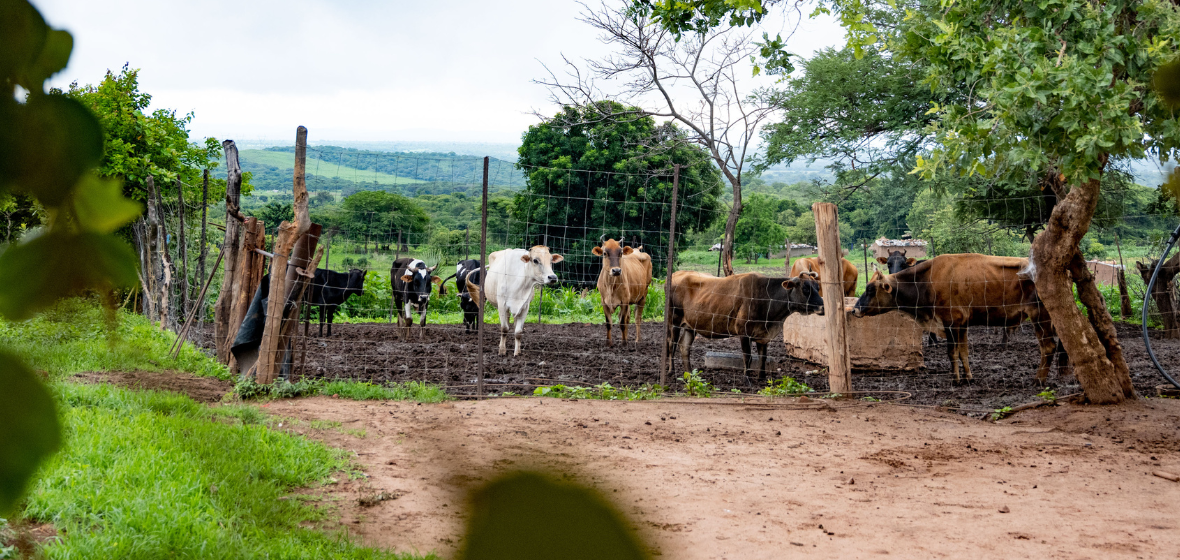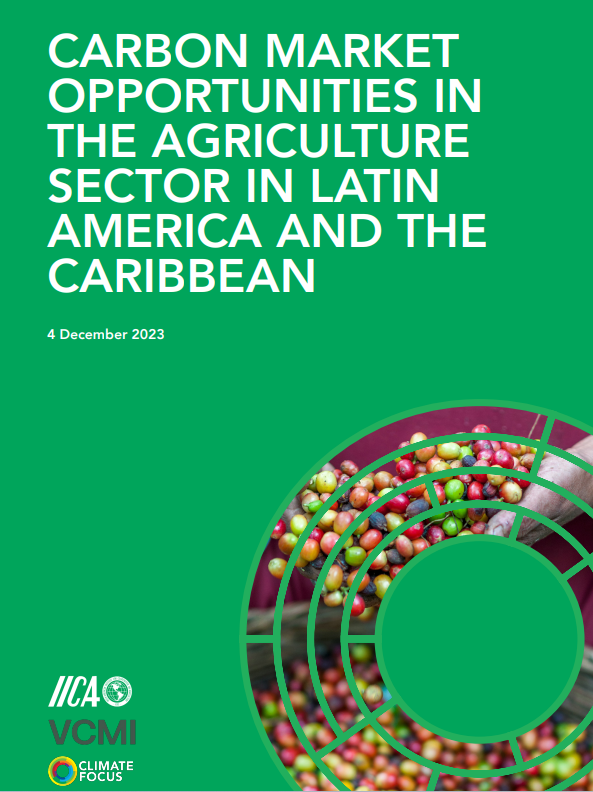
BLOGS, ARTICLES AND NEWS
Get updates directly from the CA4SH Global team and stakeholders
CA4SH at COP29: Advancing Soil Health and Green Fertilizers for Climate, Economic, and Nutritional Resilience
On 19 November 2024, CIFOR-ICRAF, RTI International, the Coalition of Action 4 Soil Health (CA4SH), the U.S. Department of Agriculture (USDA) and the Sustainable Productivity Growth (SPG) Coalition co-hosted a side event at the US Centre at the UN Climate Conference COP29 in Baku, Azerbaijan.
Speakers stressed the importance of investing in soil health, sustainable agricultural productivity growth, and green fertilizer solutions to strengthen food and nutrition security, restore ecosystems, and drive sustainable, inclusive economic growth.
One Acre Fund Campaign | Closing the climate finance gap for smallholder farmers in Africa
Smallholder farmers across sub-Saharan Africa are already witnessing the devastating impacts of climate breakdown on their soils and crop yields, and by extension their livelihoods and wellbeing.
This issue isn’t unique to sub-Saharan Africa. Across the globe smallholder farmers are contending with ever more erratic temperatures and weather patterns as a result of the climate emergency. In the face of failing harvests and limited income, most smallholders lack the means to build resilience to these climate shocks.
Why is climate finance important?
What's the cost of building climate resilience for smallholder farmers?
Learn more and access campaign assets here
CA4SH at UNEA-6: Multistakeholder action to foster an enabling science, policy and business environment to scale soil health globally
From 26 February to 1 March 2024, the sixth session of the United Nations Environment Assembly (UNEA-6) took place at the UN Environment Programme (UNEP) headquarters in Nairobi, Kenya, to discuss global environmental policy amongst the 193 Member States.
The discussions centred on how multilateralism can help tackle the triple planetary environmental crises of climate change, nature and biodiversity loss, pollution and waste. Luckily, we know well of a solution to these challenges and, indeed, all 17 of the UN Sustainable Development Goals: scaling soil health, globally.
Learn more about CA4SH engagements at UNEA-6.
IICA and Partners from the Private Sector, Academia and Civil Society Organizations Join Forces to Promote Carbon Financing for Sustainable Agriculture in Latin America and the Caribbean
“San José, 13 December 2023 (IICA) The Inter-American Institute for Cooperation on Agriculture (IICA), the Voluntary Carbon Market Integrity Initiative (VCMI), the Argentine Association of No-till Farmers (AAPRESID), the Group of Producing Countries from the Southern Cone (GPS), the Department of Forestry at Michigan State University (MSU), Gold Standard, Rabobank's ACORN and Climate Focus will join forces in 2024 to support the access of the agricultural sector in Latin America and the Caribbean to financing of voluntary and compliance carbon markets.”
Read the full story from IICA
Agtech Agreena scales its carbon farming platform across two million hectares
Agreena registers two million hectares of European farmland on its pioneering soil carbon platform - an area the size of Slovenia
More than 1,000 farmers across 17 countries have now joined AgreenaCarbon - transitioning from conventional farming to regenerative agriculture
Agreena’s ability to scale soil carbon removals has been supported through the use of cutting-edge remote sensing technology coupled with machine learning
Opinion: Restoring soil is vital for farmers facing climate change
With increasing droughts, initiatives to restore soil and manage water resources effectively are a necessity to ensure food security, but the clock is ticking, and they must be accompanied by investments in farmers.
By Aggrey Agumya, Sekai Mudonhi for Devex
Leveraging digital technologies to empower women in agriculture
“Women play a critical role in the agricultural sector, comprising 43% of the agricultural labor force globally and making significant contributions to household and national food security. Despite their essential role, they face several challenges that limit their ability to adopt sustainable agricultural practices and adapt to climate change, including access to information and finance.”







